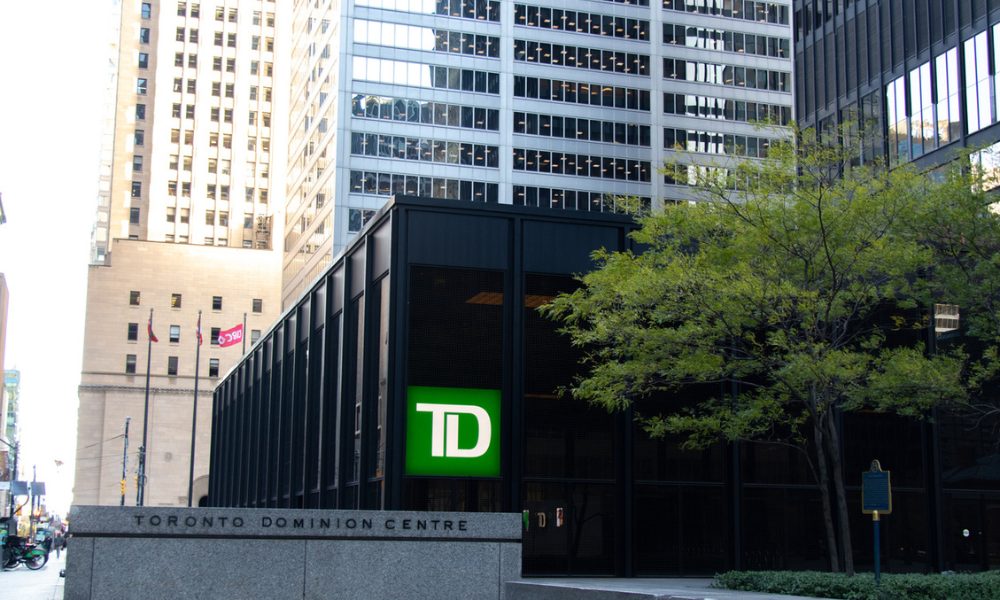Experts say Canadian regulators need to take a tougher stance on banks involved in illicit activities

TD Bank CEO Bharat Masrani admitted the bank failed to prevent money laundering in the United States, prompting calls for stronger regulation of financial crime in Canada.
"There were serious instances when the bank did not effectively monitor, detect, report and respond to suspicious activity," Masrani told shareholders during TD's second-quarter earnings call on Thursday. "Criminals are regularly targeting financial institutions and in these cases, TD did not effectively thwart their activity. This is unacceptable."
The US Department of Justice is investigating how Chinese drug traffickers allegedly laundered at least US$653 million through TD Bank, bribing employees to assist. TD is also facing probes by three other US regulators over its handling of suspicious transactions.
Masrani said TD took disciplinary action against "responsible employees," including terminations, though he did not provide details on potential fines or penalties. The bank previously set aside $450 million related to one regulator's investigation and is bracing for additional monetary and non-monetary penalties that could limit its US operations.
“The Americans have shown repeatedly in the past that they are quite willing to make good on ensuring that if you operate in the United States, that you follow US law and you ensure that the way you conduct business operations aligns with US interests," Christian Leuprecht, author of the book "Dirty Money: Financial Crime in Canada," said in a CBC News interview.
In the US, large fines and operational constraints are meant to punish banks and deter future misconduct. These fines often come with requirements for future reporting of illicit transactions and may impose constraints on a bank's operations.
However, in Canada, the penalties are relatively small. Canada’s financial crime watchdog, the Financial Transactions and Reports Analysis Centre of Canada (Fintrac) is less aggressive and lacks the punitive measures needed to deter illicit activities.
Read more: FinTRAC not doing its part enough – CREA
Fintrac operates with more limited authority, with penalties capped at $500,000 for serious violations. TD recently paid a $9.2 million fine to Fintrac for failing to disclose suspicious transactions.
The fine is “‘chump change' for a bank like TD," said Susan Côté-Freeman, a Transparency International Canada board member.
Matthew Sooy of Western University's Ivey Business School agreed, "When we limit enforcement to fines alone, it's really easy for a business to just compare the fine to the potential profits and pick whichever one's bigger – and that's not what we want."
With an estimated $45-113 billion laundered annually in Canada, experts say the TD case exposes gaps allowing financial crime to persist despite modest penalties.
While the long-term impact on TD customers remains unclear, Leuprecht warned that ultimately, consumers are going to be affected by compliance costs passed along by banks.
Make sure to get all the latest news to your inbox on Canada’s mortgage and housing markets by signing up for our free daily newsletter here.



